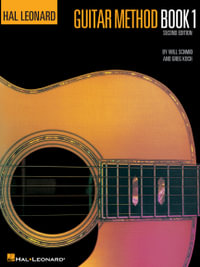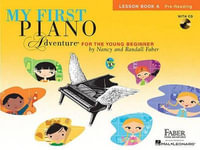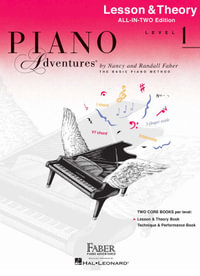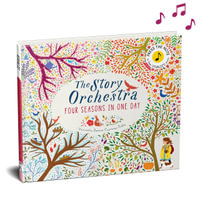One of the late twentieth century's most celebrated and influential public intellectuals, Edward W. Said was also a critic of astonishing range. This book presents his insightful and elegant analyses of four major operas-originally delivered as the Empson Lectures at Cambridge University in 1997-showcasing the power of Said's critical acumen to unsettle canonical interpretations.
In close readings of Mozart's Cosi fan tutte, Beethoven's Fidelio, Berlioz's Les Troyens, and Wagner's Die Meistersinger von Nuernberg, Said explores how each opera engages with the social and political questions of their own eras-and how they might speak to the present. He pays careful attention to the works' historical context as well as the possibilities they open for contemporary reinterpretations, examining the tension between opera's cultural prestige and its potential for subversion. Said considers the representation of national identity, class, and exoticism, and he shows how cultural and literary studies can enrich understandings of operatic texts and performance. Lucid and gracefully written, Said on Opera enlivens well-known works with fresh insights and demonstrates the breadth of Said's contributions to cultural criticism.
This book features an introduction by the editor, Wouter Capitain, who situates these essays in the context of Said's career, and a foreword by the acclaimed opera director Peter Sellars, who offers a masterful appreciation of Said's achievements.
Industry Reviews
Indispensable for serious lovers of opera. The essays are complete and fresh and as meaningful today as a quarter century ago. * Library Journal (starred review) *
These essays on major works in the opera repertoire are provocative and penetrating. They are eloquent testimony to Edward W. Said's understanding of how music, both written and performed, intersects with politics, history, and literature. Said's interpretive imagination and his conviction that music is a vital dimension of history and culture will captivate musicians, scholars, students, and all operagoers. -- Leon Botstein, conductor, editor of the Musical Quarterly, and president of Bard College
The opposition between historical authority and its transgression was central to Edward Said's thinking in later life. But his exploration of it in these four operas offers a strikingly new perspective on how contemporary audiences-and stagings-can interrogate the operatic works' historical power structures in deeply resonant, present-day terms. -- Linda Hutcheon, coauthor of Opera: The Art of Dying
The trenchant literary and cultural critic Edward W. Said was also deeply devoted to the masterpieces of Western classical music. Said on Opera offers his thoughts on four major operas: by Mozart, Beethoven, Berlioz, and Wagner. These rich, challenging chapters will be debated for years to come. -- Ralph P. Locke, author of Music and the Exotic from the Renaissance to Mozart
Through Said's interpretive lens, the book not only enriches our understanding of the operas discussed but also invites readers to consider the broader societal, political, and cultural implications of the art form, thus reaffirming the enduring power and relevance of opera in contemporary discourse. * Marginal Space *

























